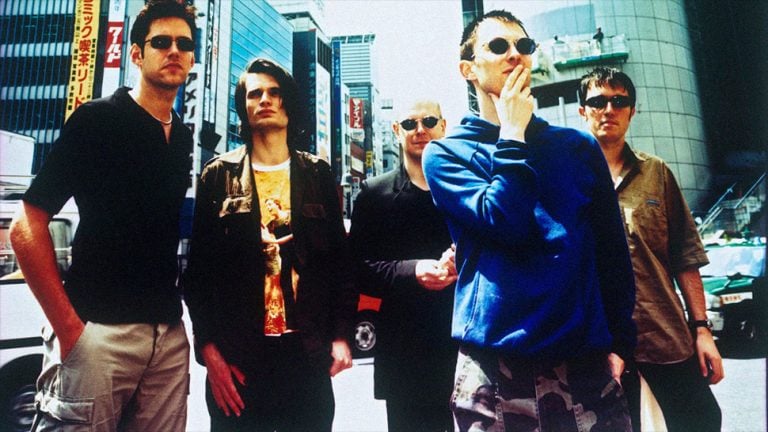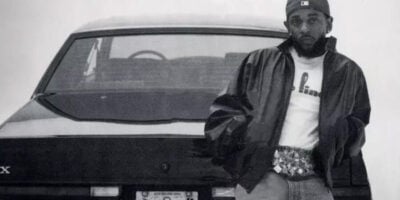Whether you’re a fan of it or not, there’s no denying that the 1997 Radiohead album OK Computer is a rather important album in the world of alt-rock.
Often cited as one of the best albums of all time, the record’s themes of isolation, paranoia, technology, and globalisation resonated with audiences of the late ’90s, and turned Radiohead into even more of a household name.
Recorded across a nine-month period, the record’s 2017 reissue saw the group delving deep into the archives to share a few rare racks, along with a cassette of demos and session tracks titled OKNOTOK, undoubtedly delighting hardcore fans of the band.
Now, it appears that the music recorded in these sessions have now found its way into the hands of known bootleggers and traders, who are seeking $150k for the rare music.
In a post shared to the Radiohead subreddit recently, user santicol revealed that a group of fans had come into contact with someone who has obtained a cache of rare Radiohead material, including a 12-minute version of the classic ‘Paranoid Android’.
Check out ‘Paranoid Android’ by Radiohead:

“About a week ago, someone came into contact with a well known leaker […] who was claiming to have 18 hours worth of MiniDV tracks that (mainly) Thom archived while the band was recording OK Computer,” the user explained.
Love Music?
Get your daily dose of metal, rock, indie, pop, and everything else in between.
“According to the leaker, they took tracks from this for the OKNOTOK cassette. According to them, they got the whole 18 hours of material by trading some other rare/unreleased material for it.”
Noting that while the leaker shared previews of these tracks, a question of ethics soon came into play and the wider Radiohead fan community was soon informed.
“These previews have been passed around to a handful of people by now and everything seems legit, both from the previews, and from looking into this leaker’s history,” the user continued.
“We originally considered pooling our money together, as our enthusiasm over the rare opportunity to share material of such high historical interest for a band we love peaked, but were concerned about the ethics of the situation.
“We are unhappy with the idea of this stuff getting sold off to high-paying trading circles and of someone profiting off of stolen material, considering they were asking upwards of $150,000 for the entire set, at $800 per studio track and $50 per live track.”
“What we’re talking about is simply theft, and it is wrong,” wrote another user. “What makes it horrible is that the asshole is trying to PROFIT off of selling the band’s stolen work, which is perhaps the worst-case for this scenario.”
Users in the Radiohead subreddit have since notified the band of these leaks, but have expressed fear that such an incident might hamper any future releases of rare and demo material, including a potential 20th anniversary edition of Kid A in 2000.
Incidentally, the original release of Kid A back at the turn of the century was also famously leaked before its on-sale date, with Thom Yorke actually praising file-sharing services like Napster for their role within the music industry.
“I’m trying to sell as many Radiohead albums as possible,” he explained at the time. “If I worried about what Napster would do, I wouldn’t sell as many albums.”
However, this new leak of old material seems rather reminiscent of the 2003 incident in which Hail To The Thief was shared online before its release date.
“We’re kind of pissed off about it, to be honest,” guitarist Jonny Greenwood explained at the time. “Work we’ve not finished, being released in this sloppy way, ten weeks before the real version is even available.”
“It’s not [downloaders] I’m pissed off about, it’s just the situation I guess. It’s stolen work, fer fuck’s sake.”
At this stage, it remains unclear whether the leakers have been contacted by Radiohead’s representatives or if they are still seeking $150k for the release of the material.
Check out ‘No Surprises’ by Radiohead:



































